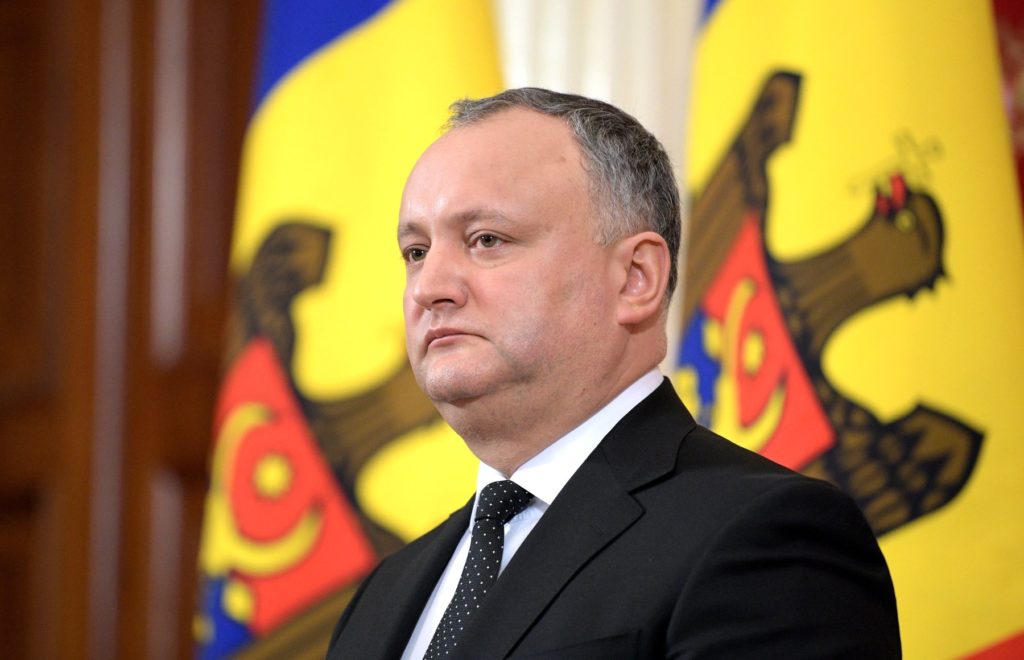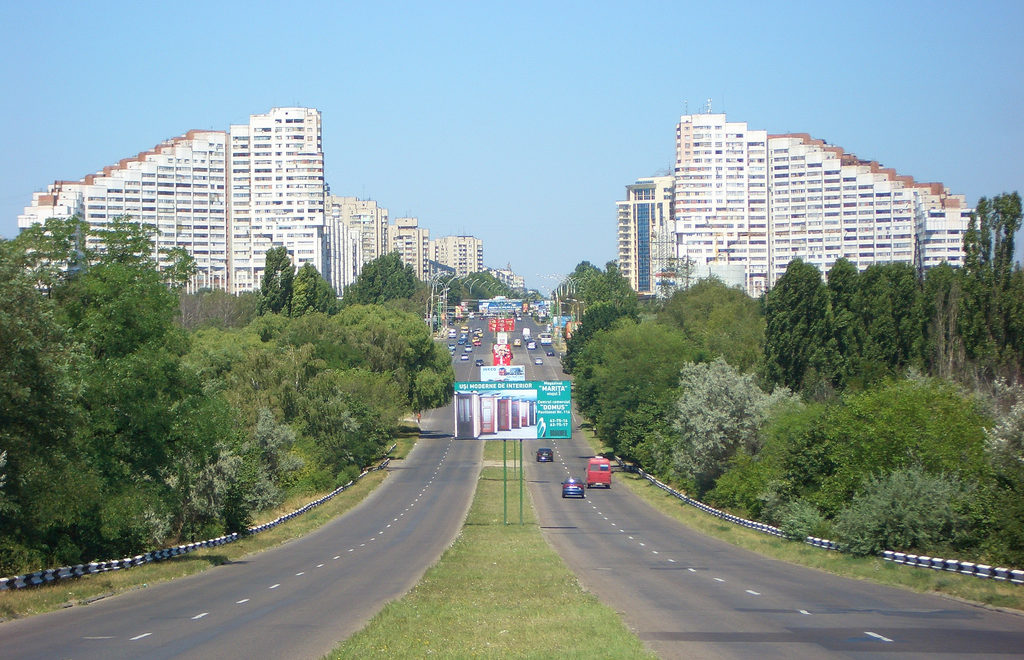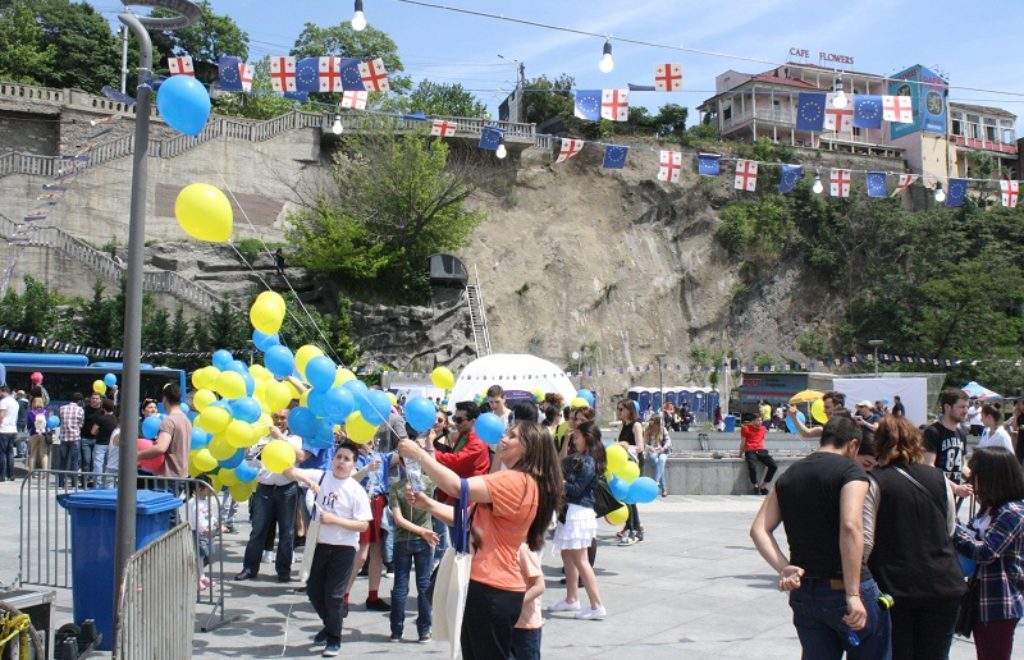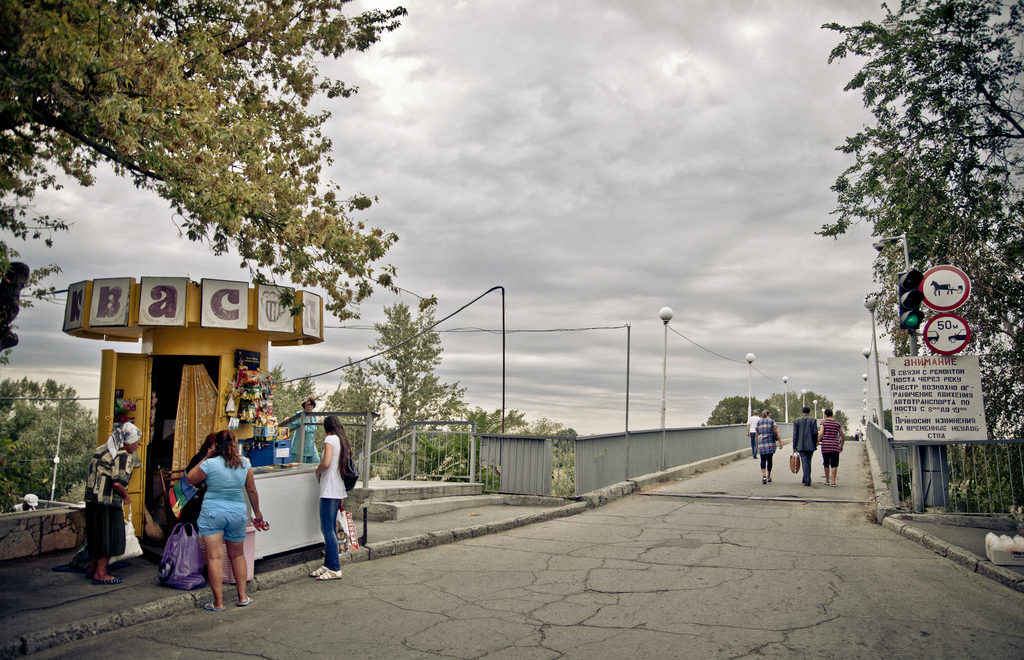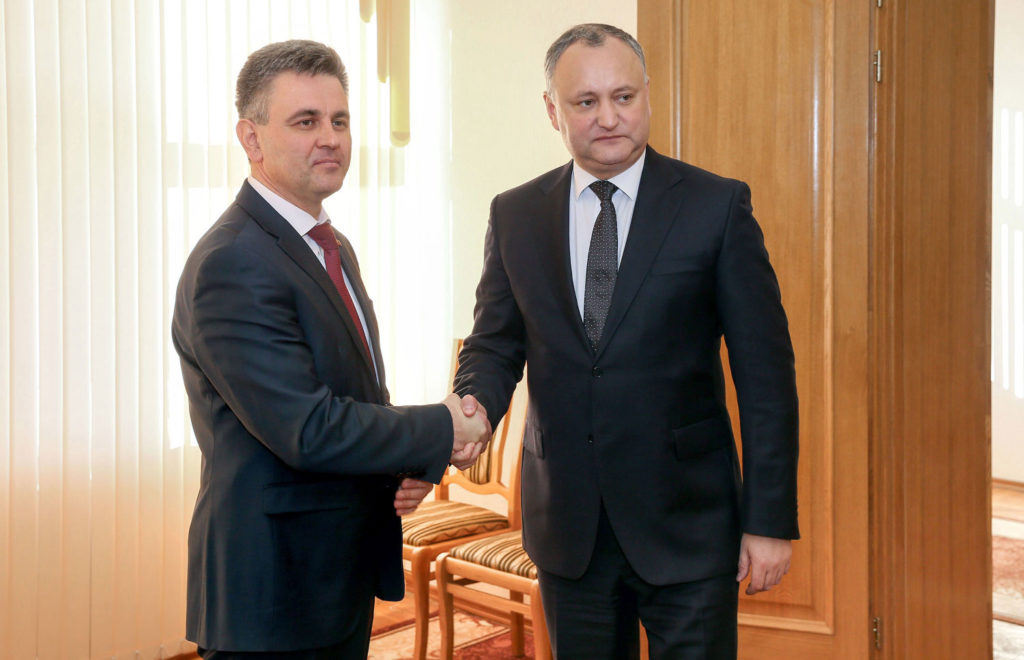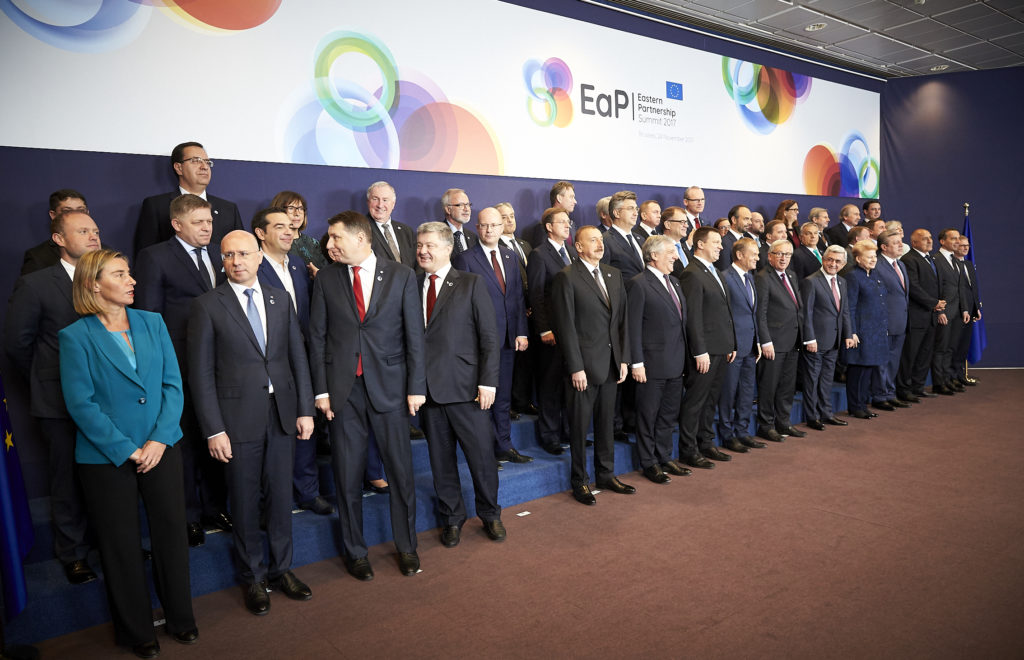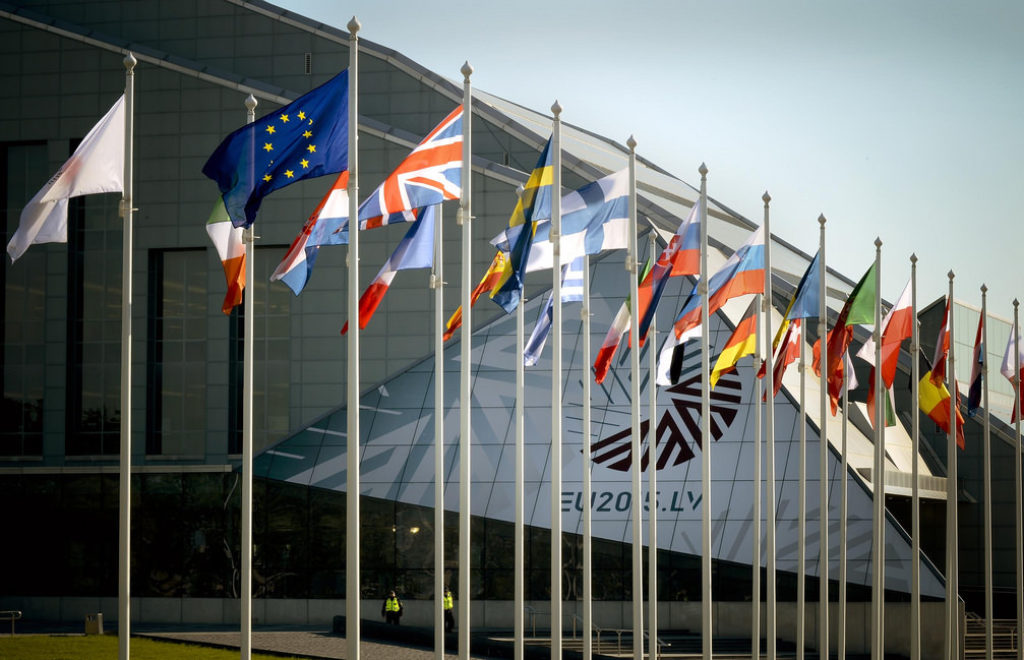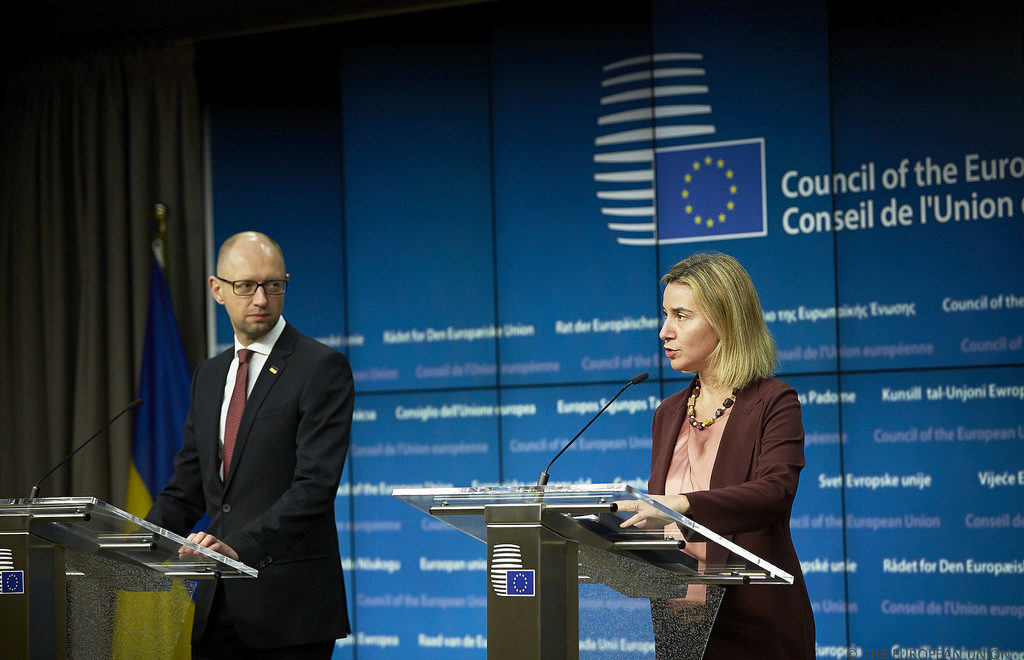Over the past five years a counterintuitive picture has emerged in the Eastern Partnership. On the one hand Moldova, which was praised for its exemplary progress in adopting EU sanctioned reforms, has been on a downward spiral. Georgia, on the other hand, has now arisen to the status of peak performer in the region.
The most striking result from last November's Eastern Partnership (EaP) summit, held in Brussels, has been the EU’s contrasting approaches to Moldova and Georgia. The EU signalled displeasure with Moldova by withdrawing its latest funding that was intended for reforms, whilst rewarding Georgia’s progress with an increase in funding. That outcome might be because the EU has seen Georgia as the region’s last hope, with Tbilisi’s willingness to put shared values into practice through the implementation of reforms. By granting the country financial support, the EU has been able to ensure Georgia’s continuation as the role model, despite some shady performances, especially its behaviour regarding ongoing internal conflicts.
February 26, 2018 -
Nina Lutterjohann


